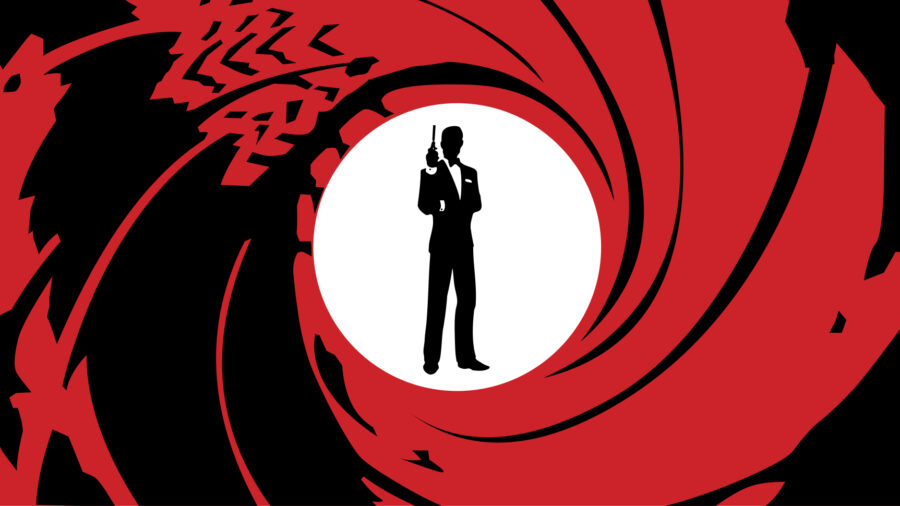A James Bond Icon Has Died
He made amazing contributions before he left us.
This article is more than 2 years old

If you’ve seen so much as a single film from the decades-long James Bond film series, then you know the work of Monty Norman. The composer created the iconic James Bond theme that shows up in just about every movie featuring the spy, regardless of which actor portrayed him. Sadly, Norman’s website announced today that he passed away Monday, July 11 “after a short illness.” He was 94 years old.
According to ABC News’ remembrance of the James Bond composer, Monty Norman actually conceived of the theme for 1962’s Dr. No for a completely different project. Norman composed the music for an ultimately unproduced stage adaptation of the 1961 novel A House for Mr. Biswas. For Dr. No — which starred Sean Connery as Bond — the composer turned to a piece called “Good Sign, Bad Sign” which he had originally written for the stage play. The biggest change he made was to take they “key riff” and compose it for the electric guitar rather than the sitar.
As Variety notes, in later years the authorship of the James Bond theme would come into question, with some trying to replace Monty Norman’s name with that of John Barry. Dr. No director Terence Young was apparently not happy with the theme, wanting something with a younger, hipper feel. John Barry was hired to rearrange Norman’s theme, but confusion would develop in later years over who wrote what. In 2001, Norman successfully sued the Times of London for libel after the paper had claimed Barry was the true composer of the iconic theme. Norman won 30,000 pounds from the suit, and more importantly vindication.
Along with the James Bond theme, Monty Norman wrote all the songs on the Dr. No soundtrack. In fact it was Norman’s then wife Diana Coupland — also one of Dr. No‘s stars — singing on the track “Under The Mango Tree.” Variety says the theme Norman became known for was the last of the songs on the soundtrack to be written.
Long before James Bond became so important in his career, Monty Norman began his life in the music world as a big band singer. In the 1950s he wound up gaining enough notoriety to sing for variety shows, sharing stages with such names as Peter Sellers and Benny Hill. According to The Guardian, Norman eventually began writing songs as a side gig and it was the minor success of one of these, “False Hearted Lover,” that inspired him to switch his focus to composing. Between the late fifties and the late eighties, he would compose the music for numerous stage musicals including 1972’s Stand and Deliver and 1988’s Pinocchio.
Both before and after the first James Bond film, Monty Norman wrote music for screen film and TV. His music appeared in 1960’s The Two Faces of Dr. Jekyll, the 1963 sci-fi disaster flick The Day the Earth Caught Fire, and the 1963 Bob Hope-led farce Call Me Bwana. He also wrote the music for the 1976 mini-series Dickens of London.












